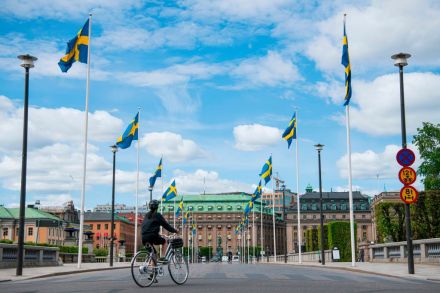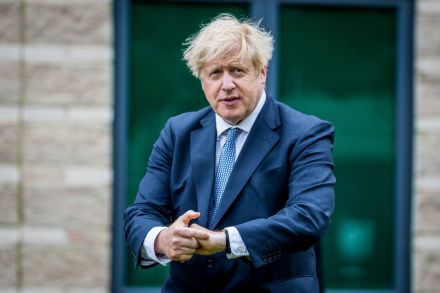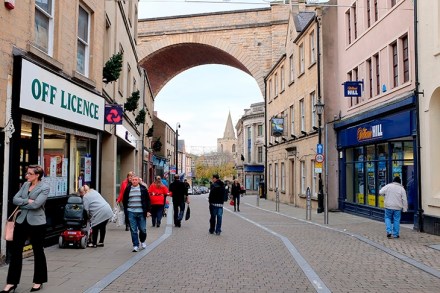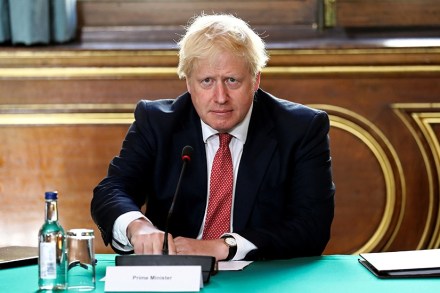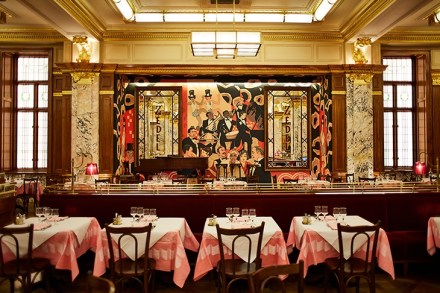Has Sweden been vindicated?
Sweden has released growth figures for the second quarter – a contraction of 8.6 per cent – and two narratives are circulating. The first is that the Swedish experiment has failed spectacularly, resulting in both a higher death toll than its Scandinavian counterparts as well as a collapsed economy. The second is that Sweden has been vindicated, taking a much less severe economic hit than the EU’s average and in a better position to recover as well. Which is the fairer assessment? Sweden has indeed taken an economic beating despite never instigating a full lockdown. Its population’s change in behaviour (adopting social distancing and heading indoors despite this not being
